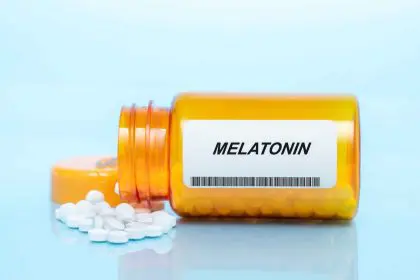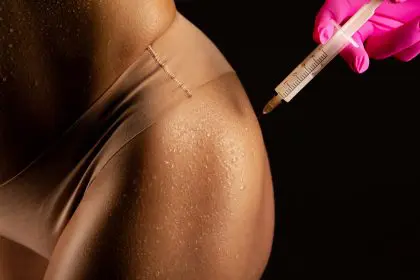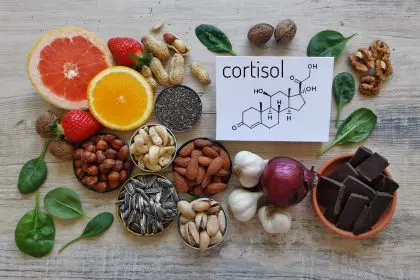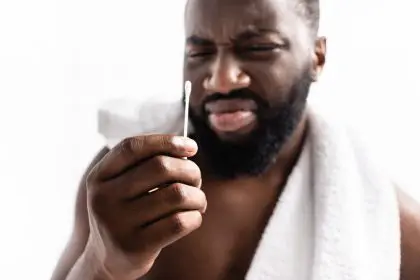The booming testosterone replacement therapy (TRT) industry in the United States faces mounting scrutiny as medical researchers uncover alarming cardiovascular risks. From fitness enthusiasts seeking increased muscle mass to older adults hoping to reclaim their vitality, millions of men turn to these treatments annually. However, recent medical findings suggest the promised benefits might carry dangerous hidden costs.
Global medical perspectives
International medical communities have expressed growing concern about TRT prescribing patterns. European medical guidelines now recommend more stringent screening processes before initiating treatment. Australian health authorities have implemented mandatory cardiovascular risk assessments for potential TRT candidates, while Canadian medical boards require detailed documentation of symptomatic low testosterone before approving treatment.
Treatment options and associated risks
Modern testosterone treatments come in various forms, each carrying unique risks. Injectable medications provide rapid results but require careful medical supervision due to fluctuating hormone levels. Oral supplements offer convenience but may stress liver function over time. Topical gels maintain steady hormone levels but risk accidental transfer to family members through skin contact.
Current prescription landscape
Medical records reveal a startling trend: doctors wrote 5.3 million testosterone prescriptions in 2011 alone. This number has grown substantially since then, driven by aggressive marketing campaigns and increased awareness of male hormone issues. Post-vasectomy patients particularly seek these treatments, reporting fatigue and decreased libido after their procedures.
Understanding cardiovascular implications
Medical professionals identify multiple cardiovascular risks associated with TRT. Beyond increased heart attack and stroke risks, patients often experience elevated blood pressure requiring constant monitoring. Long-term users face potential arterial plaque buildup, while those with existing heart conditions may experience exacerbated symptoms.
Natural alternatives gaining recognition
Medical experts increasingly advocate for natural testosterone support methods. Research shows several foods can significantly impact hormone levels. Pineapple contains bromelain, supporting male reproductive health and libido. Garlic provides diallyl disulfide, stimulating natural testosterone production. Brazil nuts deliver essential magnesium, while egg yolks supply crucial vitamin D. Oysters offer concentrated zinc, benefiting both hormone production and muscle development.
Comprehensive lifestyle approaches
Beyond dietary changes, medical professionals emphasize the importance of lifestyle modifications. High-intensity interval training stimulates natural hormone production more effectively than steady-state cardio. Strength training, particularly compound exercises, triggers testosterone release. Adequate sleep proves crucial, with studies showing testosterone levels drop significantly with sleep deprivation.
Cost considerations and insurance coverage
Treatment costs vary significantly, with annual expenses ranging from several hundred to several thousand dollars. Insurance coverage remains inconsistent, with many providers requiring extensive documentation before approval. Some patients report paying substantial out-of-pocket costs, particularly for newer treatment options.
Mental health implications
Psychological effects of TRT deserve careful consideration. While some men report improved mood and cognitive function, others experience increased aggression or anxiety. Medical professionals emphasize the importance of mental health monitoring during treatment, particularly during the initial adjustment period.
Family planning considerations
TRT can significantly impact fertility, potentially reducing sperm production. Men considering future fatherhood should discuss fertility preservation options with medical professionals before starting treatment. Some clinics now offer combined protocols that maintain fertility while addressing testosterone deficiency.
Athletic performance impact
Professional sports organizations maintain strict policies regarding TRT use. Athletes requiring treatment must obtain therapeutic use exemptions, providing extensive medical documentation. Recent controversies highlight the challenges of balancing medical necessity with competitive fairness.
Recovery protocols and monitoring
Successful TRT requires regular medical monitoring. Blood tests tracking hormone levels, cardiovascular markers, and liver function help prevent complications. Some patients require dosage adjustments or complete protocol changes based on their body’s response.
Expert recommendations
Leading endocrinologists emphasize individualized treatment approaches. Patient age, overall health, and specific symptoms all influence treatment decisions. Many medical professionals now recommend starting with natural interventions before considering synthetic hormone replacement.
Future developments
Medical research continues exploring innovative treatment options. New delivery methods promise better absorption with fewer side effects. Ongoing studies examine genetic factors influencing treatment response, potentially leading to more personalized protocols.















